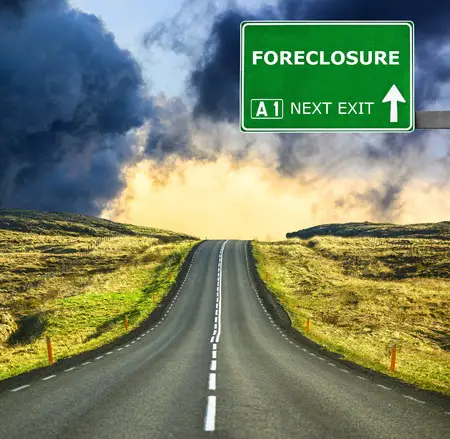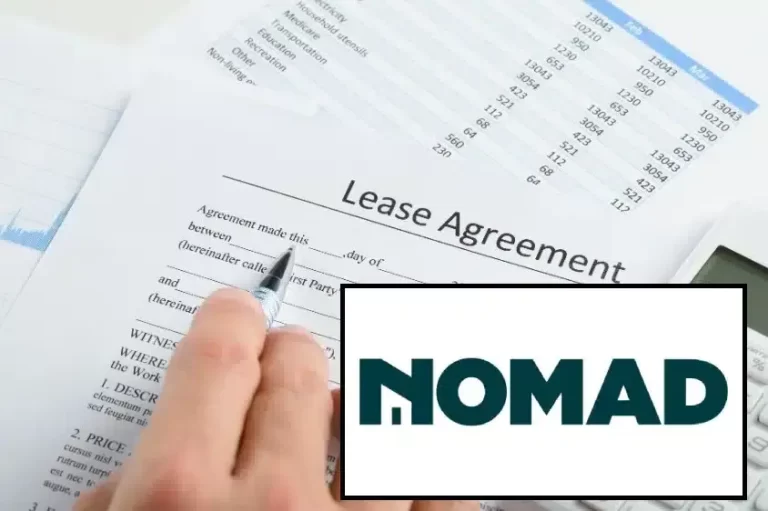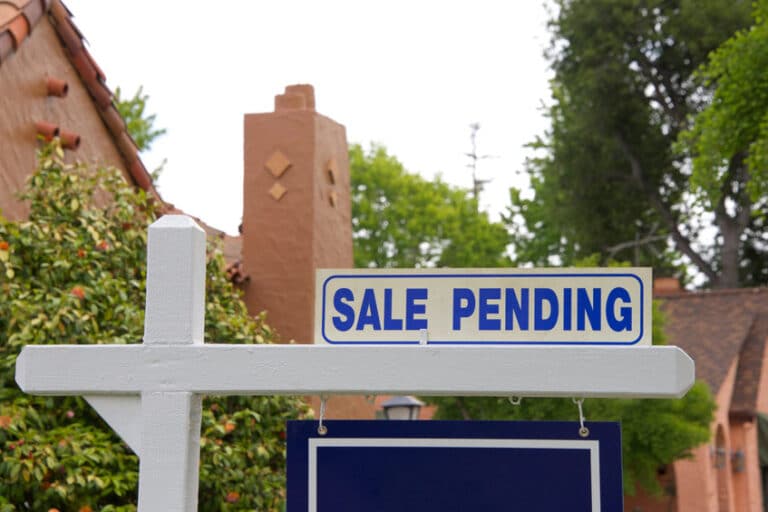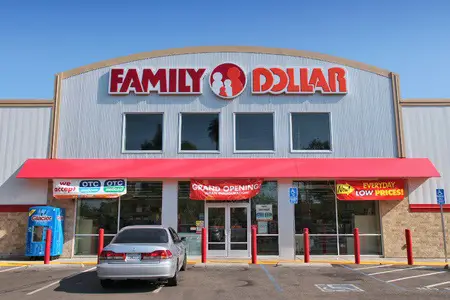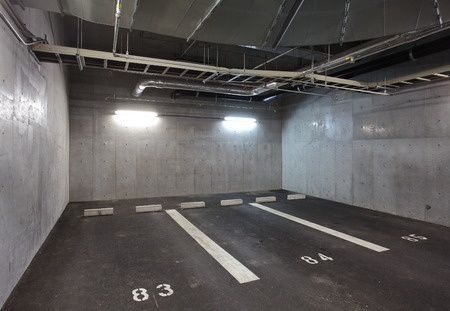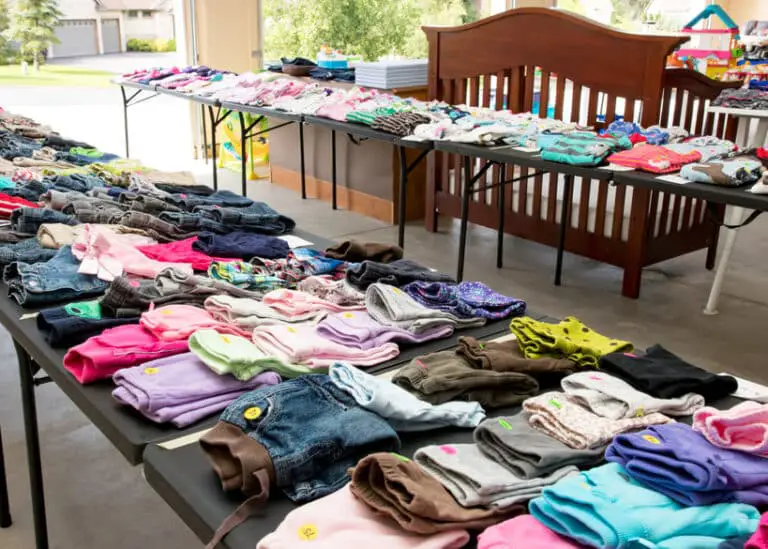Excess Proceeds – Make Money Through Foreclosure
Money Left Over
Excess proceeds is the term used when a creditor is paid off such as the tax collector or a mortgage company, and there is still money left over.
In some states, these remaining funds are paid to the previous owner of the property.
Investing in excess proceeds involves buying the property just before it goes to foreclosure, then getting paid any excess proceeds after the foreclosure is completed. The excess proceeds obviously need to be larger than your initial investment, or you will lose money.
There are Two Different Situations Where the Investment Might Work
-
Tax Sale
-In some states like California, properties go to tax sale after no property taxes have been paid for several years. The minimum bid is typically the amount of back taxes owed plus penalties and fees. If properties get bid up above that number, and there are not other creditors to pay (such as mortgage companies, utility districts, or other lien holders), then the remaining funds can be claimed by the previous owner. Many of the properties are raw land (oddball pieces or land in the middle of nowhere) and do not have mortgages on them.
-Hypothetical example: a property has $4000 in back taxes due on it. You are confident it would sell for $8000 or more at a tax sale. The owner does not want to pay the $4000 in taxes to keep the property. You offer the owner $1000 to sign a quit claim deed to you. The property sells for $10,000 at tax sale. After the sale, you file the form with the county to claim the $6000 in excess proceeds (minus whatever other fees the county charges or top of that).
-
Mortgage or Deed of Trust Foreclosure
-In some states, 2nd lien holders are paid first before the property owner can receive any excess proceeds. If a property went to foreclosure, and the bidding exceeded the principal, outstanding interest and other fees, then there might be some money left over to be claimed by the 2nd lien holder.
-An example would be a property worth $200,000 with a first mortgage at $160,000 and a 2nd mortgage at $20,000. If you were confident that bidding would be $170,000 or greater, you might be willing to offer a few thousand for the 2nd mortgage; if the 2nd lien holder was aware of the sale and felt that it was unlikely they would receive any excess proceeds, then they might be willing to sell. There might be excess proceeds available to you as the 2nd lien holder which are in excess of the amount you paid.
-This strategy may or may not work depending on the state. In some states, the 2nd lien holder may be completely wiped out if the 1st mortgage holder forecloses. The first mortgage holder may also be able to claim fees and back interest that wipe out any potential excess proceeds for the 2nd lien holder.
Experts Only
Both of these strategies should probably be pursued by experts only. The risk of buying a 2nd mortgage can be through the roof. Buying a property going to tax sale probably isn’t as high a risk if you know that it is likely to be bid up, but it might take years of tracking the sales to really know for sure.
It is certainly possible that you could lose your entire investment if the property does not generate bids that drive it above the amount owed plus fees.
Keep in mind that even if you find a deal with equity, it is often extremely difficult to get a current property owner or lien holder to call you back or respond to a letter.
